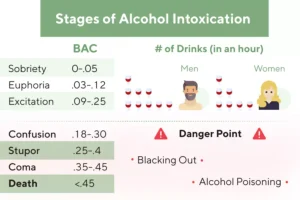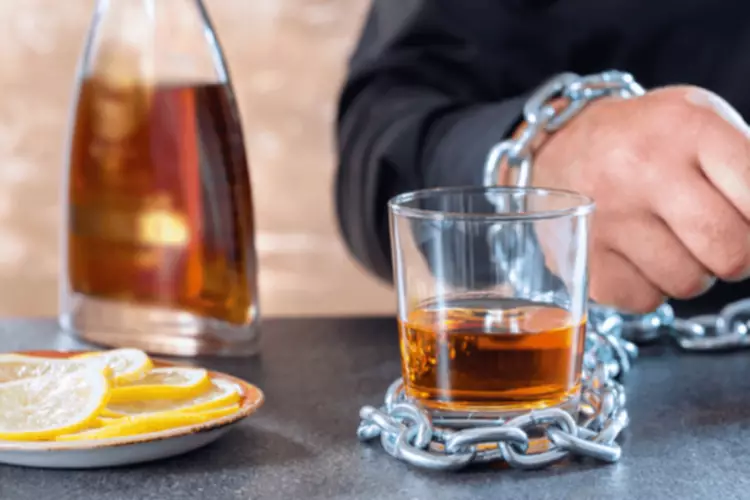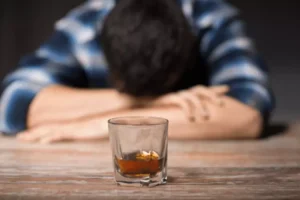- Anasayfa
- Sober living
- The ASAM Clinical Practice Guideline on Alcohol Withdrawal Management
The ASAM Clinical Practice Guideline on Alcohol Withdrawal Management
 admin
admin
-
0
-
0
-
0
-
0
-
0
Ensuring you’re consuming electrolytes helps your body avoid imbalances in these important chemicals while better hydrating itself, which can help you get over alcohol withdrawal symptoms quicker and more comfortably. The proportional incidence of hospitalizations involving AWS varied across age groups, by sex, and by race (Figure 1; eTables 3 and 4 in Supplement 1). Proportional incidence of hospitalizations involving AWS was highest at midlife (ages years) and lowest with advanced age (ages ≥70 years). Peak proportional incidence of hospitalizations involving AWS also occurred earlier in male patients (ages years in men vs years in women). Notably, 9.4% (95% CI, 7.9%-11.1%) to 10.5% (8.8%-12.3%) of hospitalizations in male patients aged 30 to 49 years involved AWS.
Clinical management of alcohol withdrawal: A systematic review
Alcohol weakens your body’s ability to fight off infections6 by disrupting the production of white blood cells. When you stop drinking, your immune system can recover and become more effective at protecting you from colds, flu, and other illnesses. Over time, you’ll notice fewer sick days and a stronger ability to heal.
When should I see my healthcare provider about marijuana withdrawal?
Music you used to love may no cure for alcohol withdrawal symptoms longer have the same draw while you are using alcohol. You may find a renewed interest in music during your detox and should pursue the distraction it offers from cravings or withdrawal symptoms. A cold shower can help you physically reset if you are experiencing strong urges to relapse. It can help clear your mind and has many other great benefits beyond helping you deal with alcohol withdrawal.
High-Risk Withdrawal Symptoms
Before beginning a tapering schedule, speak with your doctor about the risks of detoxing at home. Tapering off alcohol may complicate other medical conditions or co-occurring mental health disorders. You should plan to taper for between three and seven days depending on how much you’re used to drinking. Slowly reduce the amount of alcohol you consume each day until you reach sobriety. If you begin to experience serious withdrawal symptoms, drink enough to make the symptoms subside. Talk to your doctor or a drug treatment specialist about what to expect as you experience alcohol withdrawal.
- Consuming more than that can lead to liver damage and heart disease, and increase your risk for some cancers.
- Many people feel shame or embarrassment asking for this kind of help, but your provider’s job is to help, not to judge.
- Alcohol consumption spans a spectrum ranging from low risk to severe alcohol use disorder (AUD).
- This page will discuss alcohol withdrawal syndrome, its potential symptoms, and how treatment can help.
- In the long-term, it causes a decrease in the number of GABA receptors (down regulation).
- Your heart rate slows, your muscles relax, and stress hormones decrease.
- Your loved one might need help with practical tasks like preparing meals, going to the bathroom, and getting around.
- A relative or friend must stay with you to monitor your condition.
- Some people find that smaller, more frequent meals help if nausea is an issue.
- If you’re addicted to alcohol, it’s unlikely that you’ll be able to recover without some form of addiction treatment.
- If you’ve been unable to quit on your own, you should consider attending an alcohol rehab center.
- Alcohol misuse often strains relationships5 as it causes misunderstandings, conflicts, and emotional distance.
Symptoms of alcohol withdrawal tend to peak 24 to 72 hours after your last drink. Alcohol withdrawal can range from very mild symptoms to a severe form, known as delirium tremens. If you’re concerned about developing CUD, talk to your healthcare provider sooner rather than later. In general, withdrawal happens when your brain and body become used to having a substance in your system. Marijuana withdrawal can happen if you stop using marijuana (weed) after regular use. Common symptoms include aggression, anxiety and sleep issues (like insomnia).










